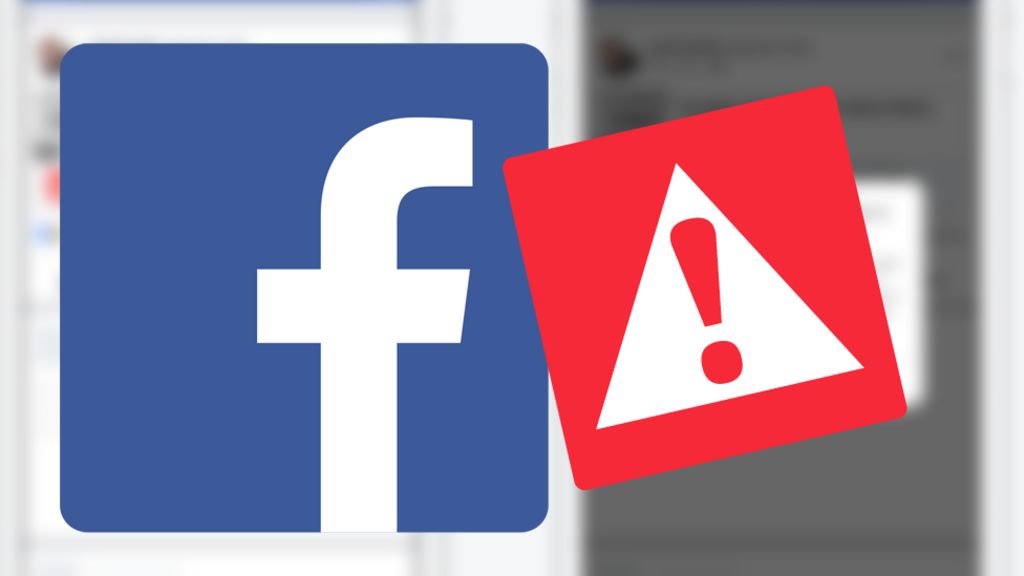Facebook Ditches Fake News Warning Flag

 Image copyright
Facebook
Image copyright
Facebook
Facebook no longer displays red warning icons next to fake news stories shared on the platform, as it says the approach has not worked as hoped.
In December 2016, the site started showing a "disputed" warning next to articles that third-party fact checking websites said were fake news.
However, it said research suggested the "red flag" approach actually "entrenched deeply held beliefs".
It will now display "related articles" next to disputed news stories.
"Academic research on correcting misinformation has shown that putting a strong image, like a red flag, next to an article may actually entrench deeply held beliefs - the opposite effect to what we intended," Facebook's Tessa Lyons wrote in a blog post.
Instead of displaying a warning icon in the news feed, it will instead "surface fact-checked articles" and display them next to disputed stories.
Facebook said it had tested the approach and found that although the new approach did not reduce the number of times disputed articles were clicked on, it did lead to them being shared fewer times.
People who do try and share a disputed article are showed a pop-up with links to fact-checked sources.
"Using language that is unbiased and non-judgmental helps us to build products that speak to people with diverse perspectives," Facebook's designers said.
"Just as before, as soon as we learn that an article has been disputed by fact-checkers, we immediately send a notification to those people who previously shared it."
Critics say social networks should face regulation if they do not tackle the spread of misinformation and propaganda.
"What Facebook is trying to do is respond to pressure that it should be treated as a publisher, rather than a platform," said Tim Luckhurst, professor of journalism at the University of Kent.
"I think that argument is dead. They are a publisher, so it is not enough to offer people a menu of other related stories.
"We have a generation of people that are so anti-establishment and sceptical of evidence-based news, we need regulation of the type imposed on broadcasters since they first emerged."
Prof Luckhurst said he was "appalled" by Facebook's argument that it was different from traditional media.
"They usually raise the objection that they cannot be regulated because they're international. Well so is the BBC, so is CNN."
From Chip War To Cloud War: The Next Frontier In Global Tech Competition
The global chip war, characterized by intense competition among nations and corporations for supremacy in semiconductor ... Read more
The High Stakes Of Tech Regulation: Security Risks And Market Dynamics
The influence of tech giants in the global economy continues to grow, raising crucial questions about how to balance sec... Read more
The Tyranny Of Instagram Interiors: Why It's Time To Break Free From Algorithm-Driven Aesthetics
Instagram has become a dominant force in shaping interior design trends, offering a seemingly endless stream of inspirat... Read more
The Data Crunch In AI: Strategies For Sustainability
Exploring solutions to the imminent exhaustion of internet data for AI training.As the artificial intelligence (AI) indu... Read more
Google Abandons Four-Year Effort To Remove Cookies From Chrome Browser
After four years of dedicated effort, Google has decided to abandon its plan to remove third-party cookies from its Chro... Read more
LinkedIn Embraces AI And Gamification To Drive User Engagement And Revenue
In an effort to tackle slowing revenue growth and enhance user engagement, LinkedIn is turning to artificial intelligenc... Read more

